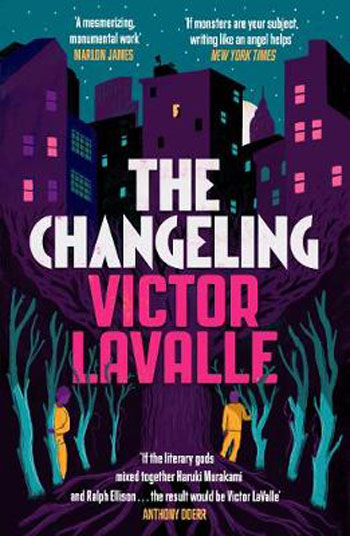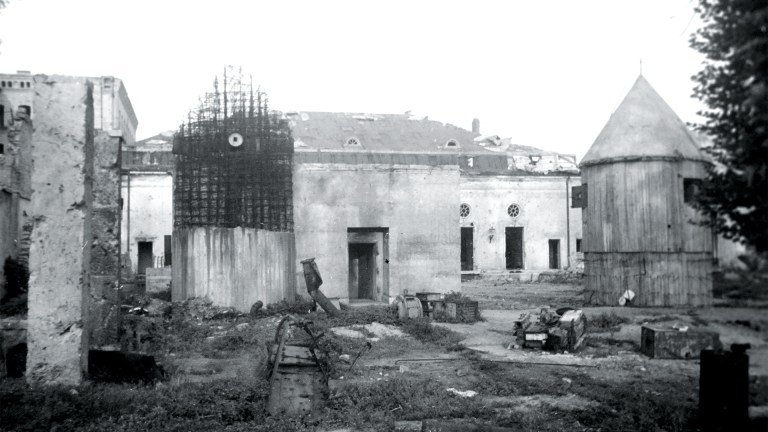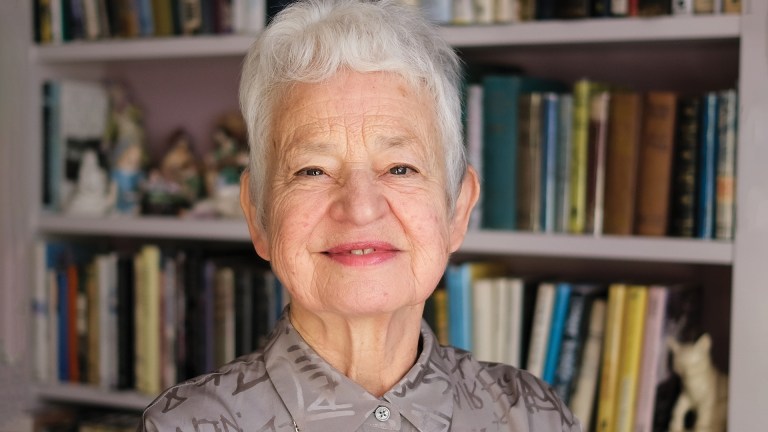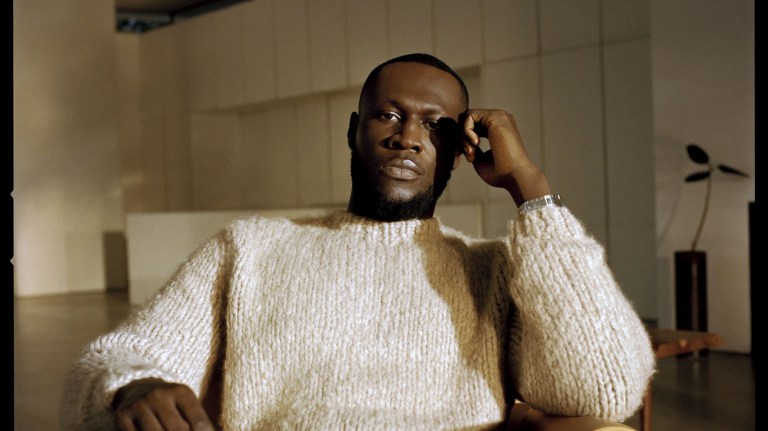It’s hard to write about a Victor LaValle book without spoilers. Like predecessors Big Machine (2009) and The Devil in Silver (2012), the cult New Yorker’s latest novel The Changeling is a dark, shape-shifting, unpredictable beast, best enjoyed as a series of surprises. With book like this, the reviewer is like a naughty Freemason, breaking the agreement by spilling closely guarded secrets with irresponsible abandon. Even suggesting a genre is potentially joy-killing, though labelling The Changeling a modern horror / fantasy / morality tale and love story doesn’t square too many swirling circles.

The story centres around Apollo Kagwa, a New York native raised solely by his Ugandan mother, Lillian. Despite being haunted since infancy by a sinister recurring dream about the father who disappeared when he was four, Kagwa becomes a successful bookseller, meets and falls in love with librarian Emma, and settles into family life. However, Emma’s postnatal depression after the birth of their son sets the wheels careering wildly off track. And when she does something bloodcurdlingly terrible all bets are off, both for Apollo and the plot.
With its numerous 360 degree twists and turns, The Changeling really only opens up on a second reading. The first is a white-knuckle ride, during which you’ll feel thrilled, assaulted, baffled and perhaps outraged. If you’re game enough for a return visit, you’ll be rewarded by a plethora of early clues, double meanings and light-shedding references.
Like other bold genre-transgressing tales about hidden monsters – whether authored by David Lynch, Haruki Murakami or Ali Smith – there is great satisfaction to be had on that second journey. But the eccentricity of LaValle’s vision means this imaginative, sometimes vexing, head-spinner will lose some travellers long before that.
LaValle is right to put secrecy, illusion and distrust at the heart of both elements of his book; the problem with reality, and the dangerous allure of fantasy
Part of The Changeling’s charm – I choose the word carefully – is its ambition. In some aspects, it succeeds brilliantly. Its use of books and stories as portals into welcome/unwelcome other/under worlds is clever and effective. As is its portrayal of parenthood as a similar trigger, releasing a deadly combination of unspeakable fear and crazy love.
Not content with conveying fairytale concepts with an elegant, highly literary style, LaValle is also keen to make some serious social and political statements about Trump’s America, with particular focus on race, gender and social media (the 21st century triumvirate of social anxiety).He is right to put secrecy, illusion and distrust at the heart of both elements of his book; the problem with reality, and the dangerous allure of fantasy.










